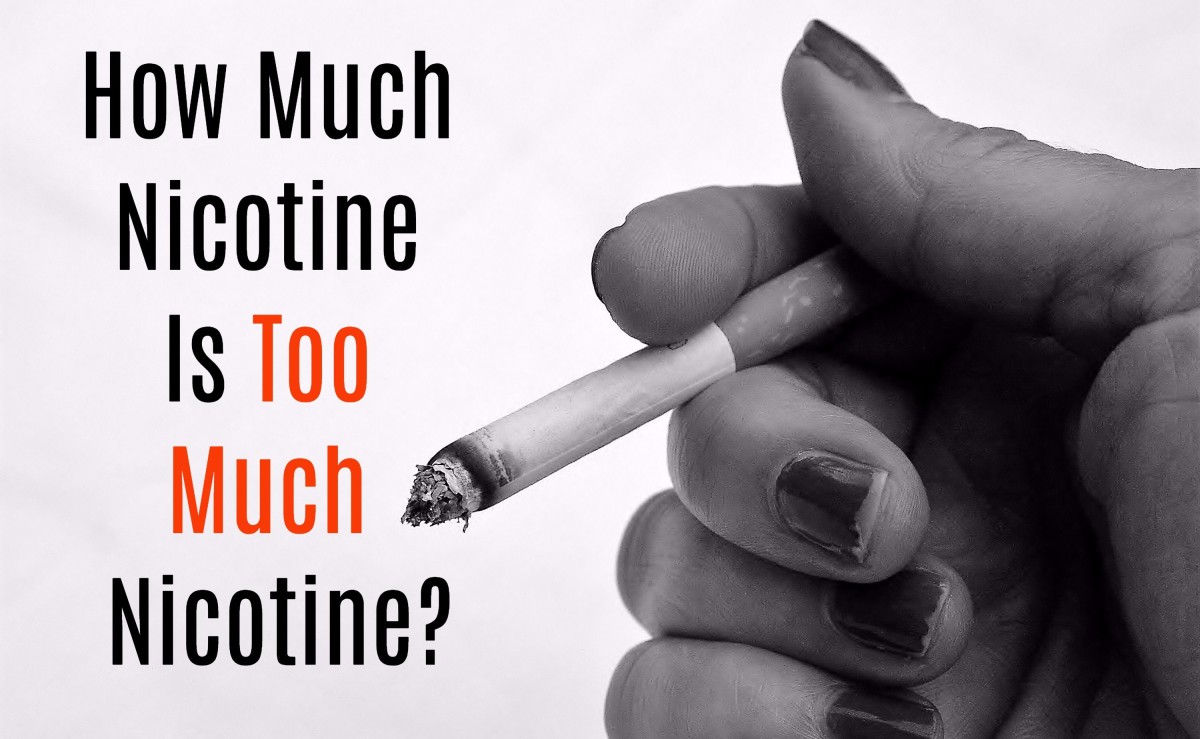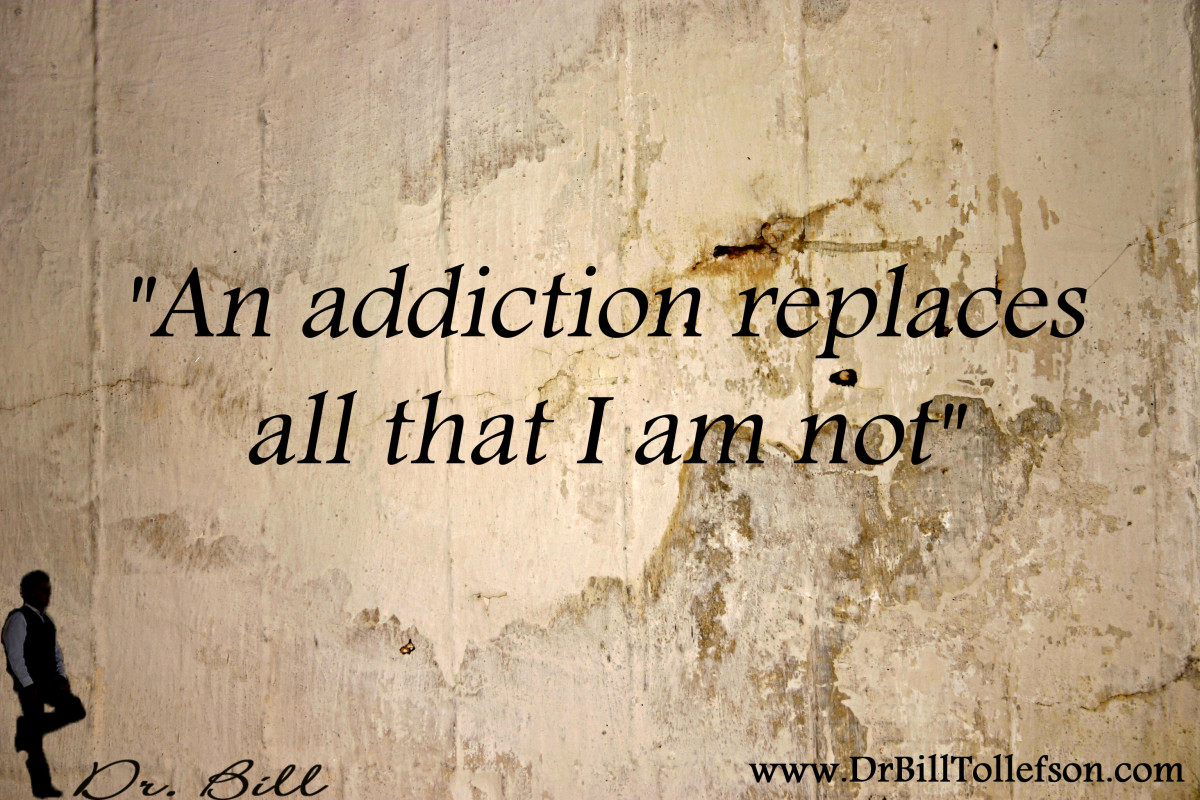Intoxication Shouldn't Be An Excuse For Any Assault
What Section 33.1 Says

Intoxication Should Not Be An Excuse For Criminal Behavior
In an inexplicable move, the Ontario Court of Appeals recently ruled that intoxication can be used as a defence in sexual assault cases and those involving violent crimes.
As one might imagine, this is extremely problematic and seems to fly in the face of the significant discussions that ran rampant over the last two years about the importance of consent and the idea that there is a crime if one or the other of the parties involved in the sexual experience is too intoxicated to offer consent. This is not an issue that's strictly limited to any gender, either. Men get assaulted, sexually or otherwise, and so do women.
While there might be some medical conditions where people might look or feel intoxicated without having consumed alcohol, it's important to realize that most cases of intoxication occurs by choice. You choose to have a beer after a long day at the office, or while barbecuing. You choose to have a glass of wine while having a long soak in your tub. You might choose to have a few drinks, and that's up to you.
In my 20s, I vaguely remember one evening where someone bought me a drink. Being naive, I didn't realize until it was too late that he'd slipped something into my drink. Fortunately, I had enough soundness of mind in the moment to realize I'd been drugged and got my friend to lock me in her van, but if at the time I hadn't realized what was happening and the man sexually assaulted me, it likely would have resulted in a conviction because I was clearly impaired - due to his drugging of my drink - to such an extent that there is no way I could have given him my first and last name, let alone my consent.
Fortunately, I was not assaulted that night, but now, let's take a different perspective. Your son or daughter goes out with their significant other, and they both get intoxicated. Their significant other wants to have sex, but because he or she is intoxicated and so is your son or daughter, your son or daughter says no. The significant other pushes the issue and your son or daughter is sexually assaulted. The matter goes to trial, and the significant other's blood alcohol level demonstrates a clear and legal impairment. (For the record, I have no idea if that would even be measured in the lead up to a sexual assault trial, but I digress.). Because of the ruling from the Ontario Court of Appeal, the significant other is acquitted, and your son or daughter has to cope with the aftermath of being sexually assaulted.
For the most part, when we choose to consume alcoholic beverages, it's our choice, and we have been taught (for the most part) that we must own the consequences of the choices we make, whether we have consumed alcohol or not. Those choices could be drinking far too much, or eating a full pizza ourselves, or heaven forbid, getting behind the wheel of a car after drinking or doing drugs. Regardless, there are consequences - good and bad - of every choice we make. Yes, alcohol consumption does lower our inhibitions and may lead us into more sexualized behavior - but does that mean we are completely blind to what we're doing?
The ruling by the Court of Appeal appears to assume so.
This is also something of a slippery slope that this interpretation can lead us to. Do police now have an onus of testing every person to check for legal impairment every time an assault - sexual or otherwise - occurs? What happens if the assault is reported several hours later? Does that not then become a matter of "he said/she said/they said?" Do judges just take the defendant at their word that they were simply too drunk to know what they were doing, or how do you prove intoxication, particularly after the time in question is long since passed and you can't run tests to prove that the defendant was, in fact, too drunk?
As adults, we are told to be responsible and own our behavior, yet the Ontario Court of Appeal's recent decision appears to dismiss that notion and offer us an out if a sexual assault occurs at our hand. It's particularly hard to get defendants in sexual assault cases found guilty and deserving of some jail time, and the Ontario Court of Appeal has just made those who sexually assault someone that much more difficult to prosecute and find guilty.



